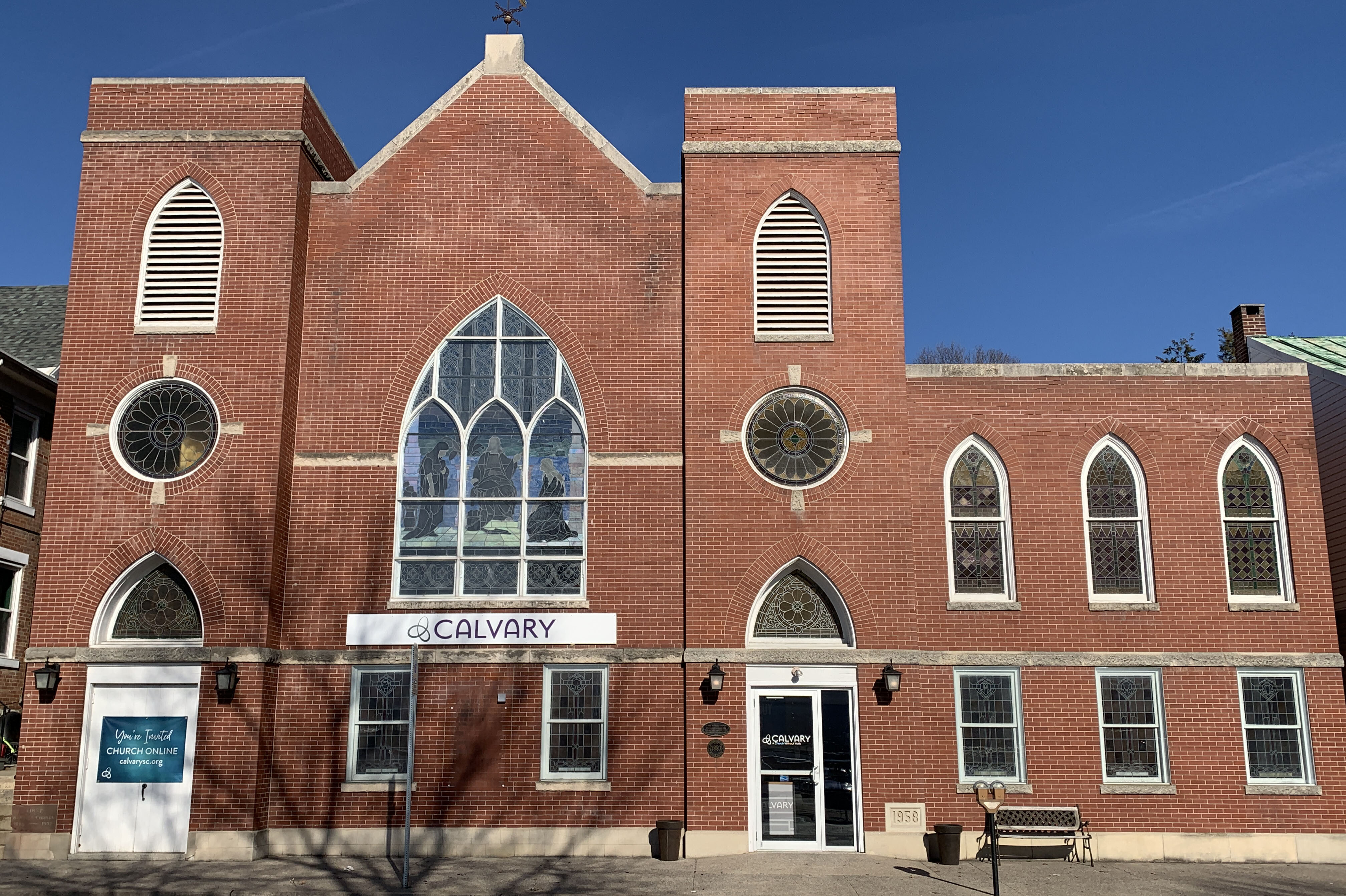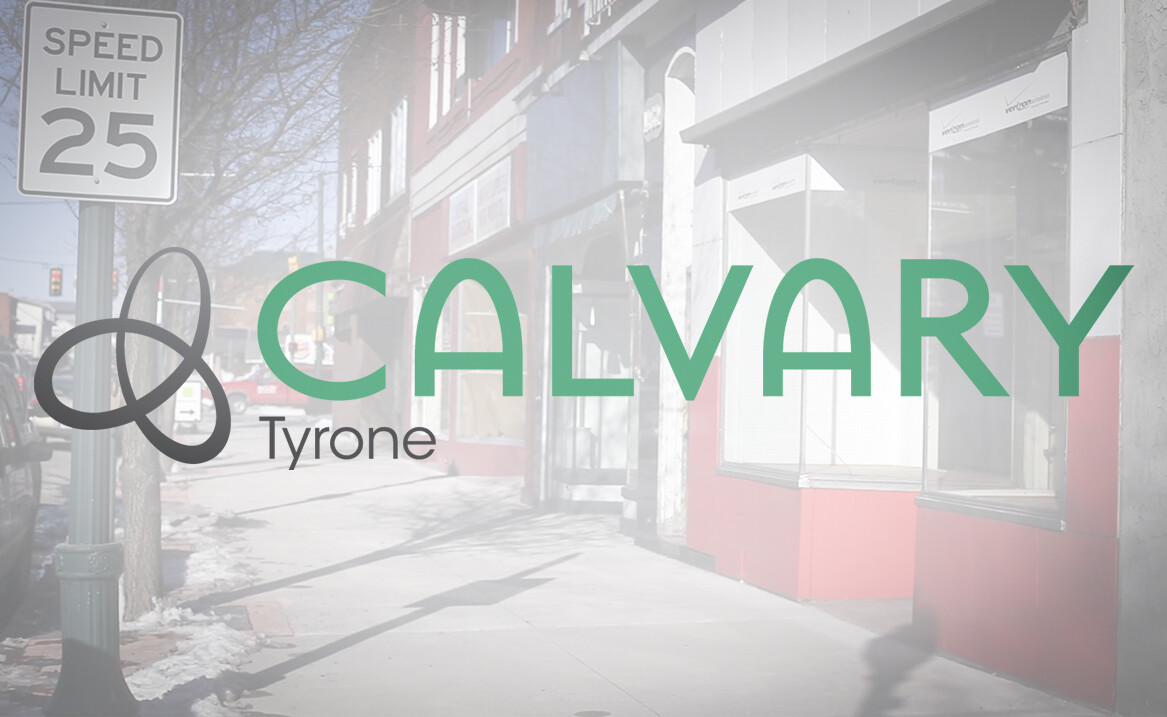Engage with Expectancy
This week we’re talking about actually plugging in our hearts to what God wants to do around us. We’re looking for where the gracious hand of God is moving, and then joining him there. We do this by paying closer attention to Christ, our community, and our calling and cultivating a deeper sense of hope.
Here are some practical ways you can engage with God this week:
Going Deeper with Christ
To go deeper with Christ this week, we’re intentionally looking for places our hope needs a boost, and where we can enter into deeper worship.
STEP ONE: Take a few minutes to read Romans chapter 8. Take note of the bridge between groaning and glory. Then in a time of quiet reflection, ask Jesus where you’ve stopped “groaning.” In other words, you’re asking Jesus to show you where your excitement has waned, your engagement has faltered, and your hope has deflated.
STEP TWO: Find a place to stand and cheer; actually give God an ovation with loud praise. Maybe you could find a place of solitude outdoors and celebrate the fall colors; maybe you could cheer for a situation that you’re going through. If you’re really daring you might get with a few other people and cheer together about something. Then, watch what happens to your body, and your heart. Take note of how you feel, and what you’re thinking; you may notice that your posture or perspective related to a particular issue in your life has shifted significantly.
Going deeper with community
We know that we can grow in expectancy in our community and those around us when we find ourselves lacking in an openness to the stories of others. We must be open to both the pain and the excitement of other people’s lives if we are to partner in what God is doing.
STEP ONE: It’s one thing to see God working in the lives of people you care about, but it’s not always apparent how to join him in it. Generally, an easy way to connect with the work God is doing in people is to be curious about other people’s stories, and ask open-ended questions. Open ended questions are inquiries that cannot be answered with a simple “yes” or “no.” Open ended questions invite a response that includes vulnerability and story telling. So, instead of “Are you okay?” You might say, “You seem upset; what’s going on?” Take 15 minutes and see if you can generate as many open-ended questions as possible; this exercise will get you in the rhythm of engaging those around you with questions that invite deeper answers.
STEP TWO: Cultivate curiosity and expectancy in your heart this week by asking (at least) three people about their lives. Use open ended questions, and leave space for answers. See if you can suspend any assumptions — sometimes we have the least curiosity about those closest to us. Then, using the insight into the person, give them a word of encouragement. Just you taking the time to listen to them and then encourage them in a personal way will be extremely powerful.
Going deeper with calling
When we make the jump to uncap the expectation in our hearts that God will do marvelous things in our communities, among our neighbors, great things begin to happen.
Click the link below to get started with this week’s Front Yard Mission, “Looking for the Rubble.” This track will help you see the difficulties others around you are having, and then see where God is moving in order to join him!




